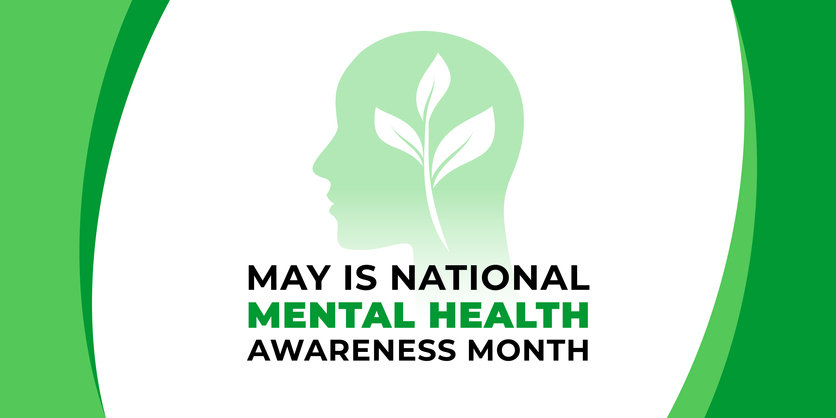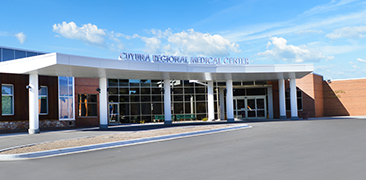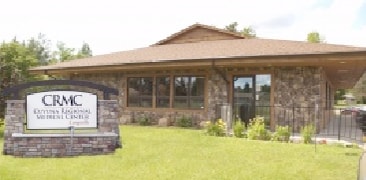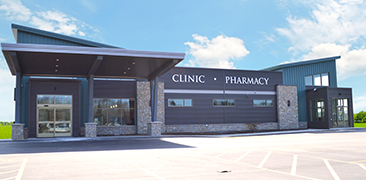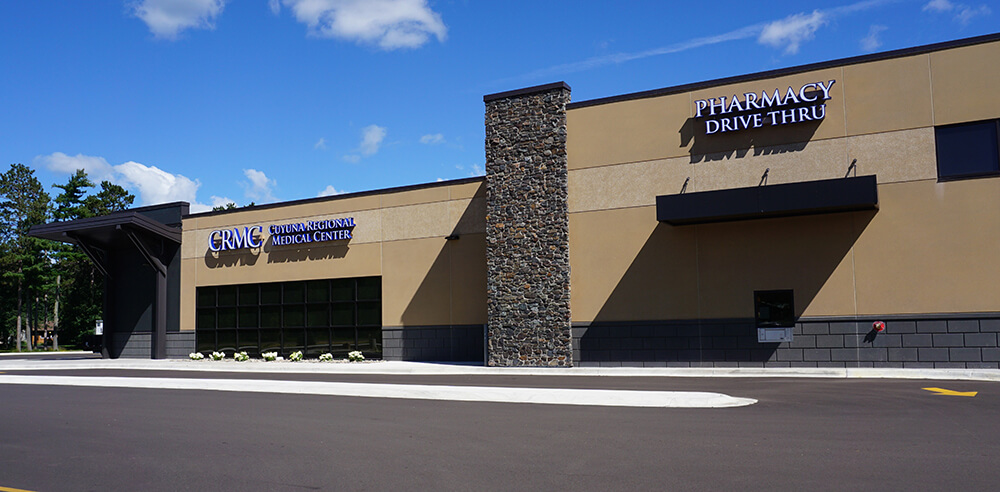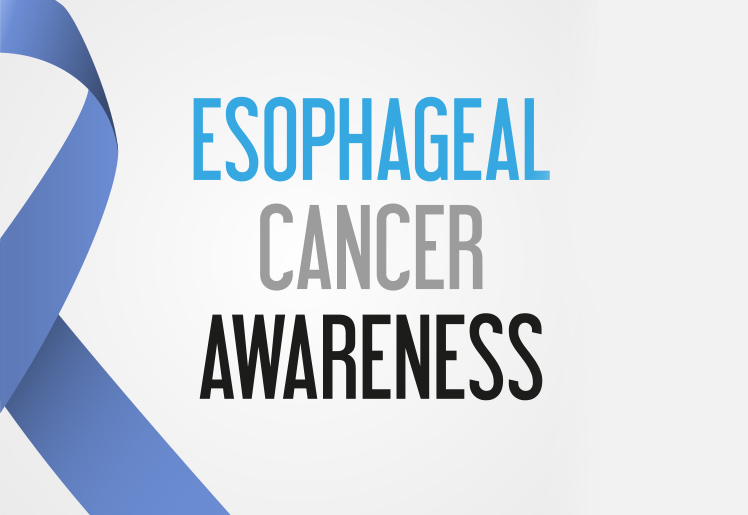
This April, as part of Esophageal Cancer Awareness Month, the Minnesota Reflux & Heartburn Center is increasing awareness about the risk of esophageal cancer posed by persistent reflux or GERD (Gastro-Esophageal Reflux Disease).
An estimated one in every five American adults suffers from GERD, a chronic condition caused by changes in the gastroesophageal valve that allow stomach contents to flow back up into the esophagus. Left untreated, GERD can be a lifelong disease and lead to disabling symptoms and potentially life-threatening health conditions.
Adenocarcinoma of the esophagus, a highly lethal type of cancer typically caused by GERD, is increasing at a faster rate than any other cancer in the United States. Esophageal cancer takes more American lives each year than melanoma skin cancer or cervical cancer, with only one in every five patients surviving.
GERD is an anatomical issue that occurs when the ring-like muscle between the stomach and the esophagus weakens and fails to keep the stomach contents from refluxing back up into the esophagus. Medications or life-style modifications may offer mild symptom control, but they do not stop or prevent reflux. Additionally, many people become dependent on daily medication and may develop several complications from GERD, even if no symptoms are experienced. When left untreated, GERD can lead to other health complications including damage to the esophagus and throat, narrowing of the esophagus, respiratory complications, Barrett’s Esophagus and cancer.
The best way to diagnose GERD, Barrett’s Esophagus or esophageal cancer is to talk to your doctor about your symptoms and arrange an endoscopic examination. “Early detection is the key,” said Dr. Paul Severson, Reflux Specialist and Director of the Minnesota Reflux & Heartburn Center. “If you are reaching for antacids more than twice a week, it’s time to see a doctor. If your current medications aren’t working well enough, it’s time to get tested as alternative therapies could be right for you.”
The Minnesota Reflux & Heartburn Center provides comprehensive testing and a full menu of endoscopic and minimally invasive therapies for patients with GERD, heartburn, and swallowing difficulties. With the latest training and equipment, specialists are also able to diagnose and eradicate Barrett’s esophagus and treat esophageal cancer in the earliest stages. Center specialists are available for appointments at Cuyuna Regional Medical Center in Crosby and Riverwood Healthcare Center in Aitkin.
Patients may be referred by their primary care physician or seek more information by calling 218-545-2876 or 844-200-BURN (2876). For more information, visit mnheartburn.org.


